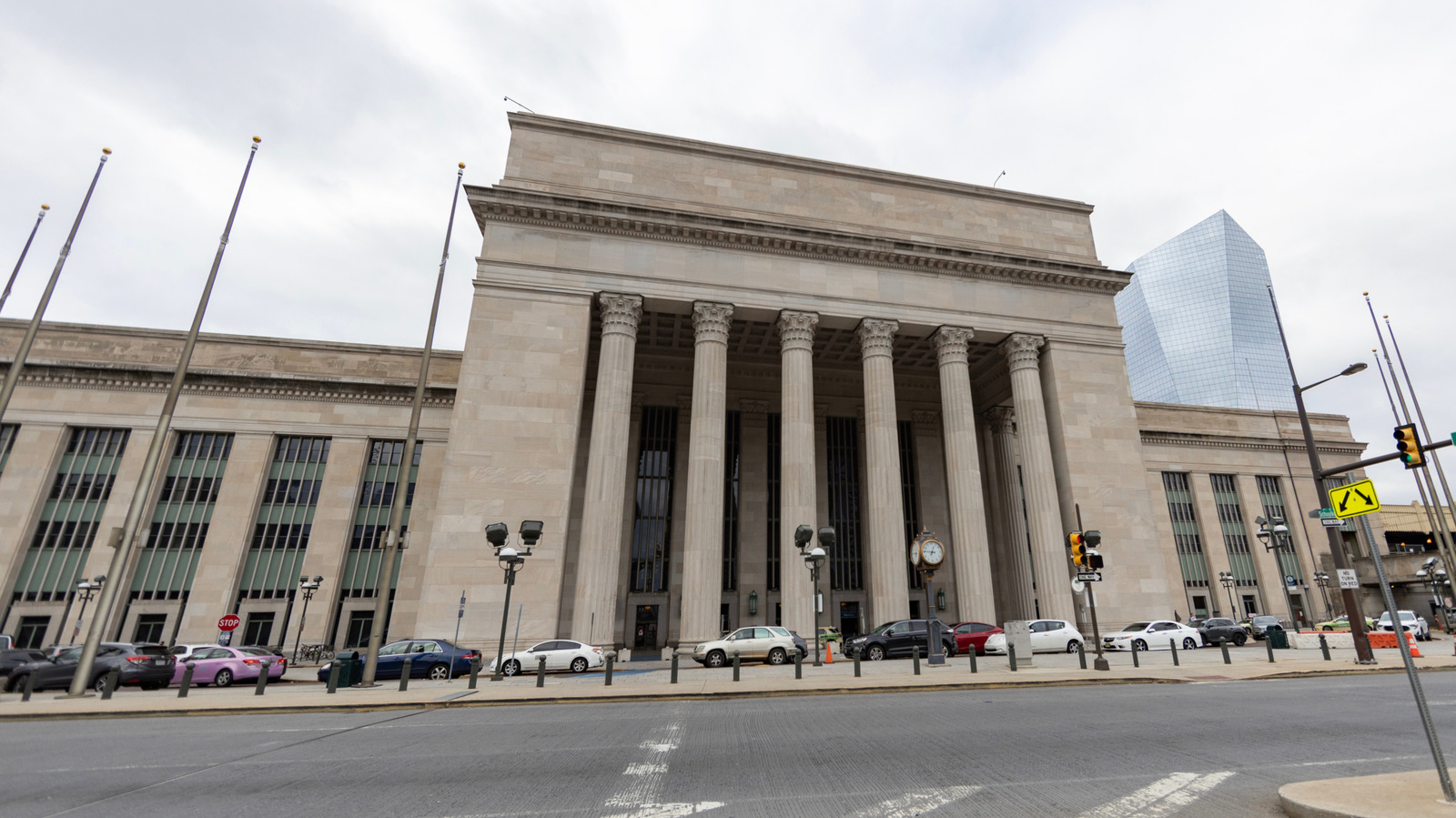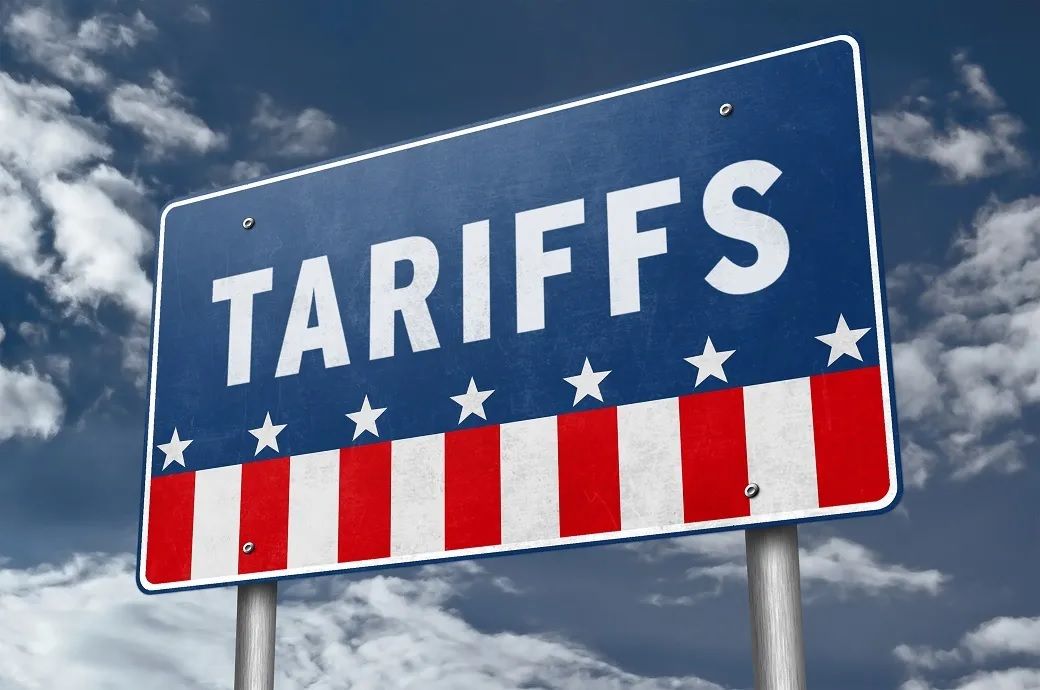Why Were Native American Tribes Not "Subject to the Jurisdiction" of the United States?
I want to clear up a common misconception that I see in the birth citizenship debate. For more details on the contents of this post, you can read my 2003 article on "The Cherokee Removal and the Fourteenth Amendment" and my article on birthright citizenship itself.The best way to explain my point is through the following erroneous syllogism:1. The Tribes were excluded from birth citizenship by the "subject to the jurisdiction" language. (True)2. The Tribes were regulated by federal law in various ways in 1868. (True)3. Therefore, "subject to the jurisdiction" must mean something more than "subject to the law." (False)Why is the conclusion wrong? The answer is that the Fourteenth Amendment's Framers thought that the Tribes were subject to federal law only insofar as that law was consistent with tribal treaties. A treaty is often implemented by enabling legislation. This does not make each treaty signatory "subject to the law or jurisdiction" of the others beyond what the treaty might provide. Why do people find this confusing? First, the practice of making treaties with the Tribes ended in 1871. This change obscures the fact that things were quite different in 1866. Second, a review of federal tribal regulation in the ante-bellum era would surely turn up cases where reasonable people would disagree about whether a statute was truly consistent with a treaty. But this is not an "Aha!" moment. The final issue is that people overlook or are unaware of the connections between abolitionism and the Tribes that was part of the intellectual toolkit for Republicans in 1868.
I want to clear up a common misconception that I see in the birth citizenship debate. For more details on the contents of this post, you can read my 2003 article on "The Cherokee Removal and the Fourteenth Amendment" and my article on birthright citizenship itself.
The best way to explain my point is through the following erroneous syllogism:
1. The Tribes were excluded from birth citizenship by the "subject to the jurisdiction" language. (True)
2. The Tribes were regulated by federal law in various ways in 1868. (True)
3. Therefore, "subject to the jurisdiction" must mean something more than "subject to the law." (False)
Why is the conclusion wrong? The answer is that the Fourteenth Amendment's Framers thought that the Tribes were subject to federal law only insofar as that law was consistent with tribal treaties. A treaty is often implemented by enabling legislation. This does not make each treaty signatory "subject to the law or jurisdiction" of the others beyond what the treaty might provide.
Why do people find this confusing? First, the practice of making treaties with the Tribes ended in 1871. This change obscures the fact that things were quite different in 1866. Second, a review of federal tribal regulation in the ante-bellum era would surely turn up cases where reasonable people would disagree about whether a statute was truly consistent with a treaty. But this is not an "Aha!" moment. The final issue is that people overlook or are unaware of the connections between abolitionism and the Tribes that was part of the intellectual toolkit for Republicans in 1868.




















































































































































.jpg)



























